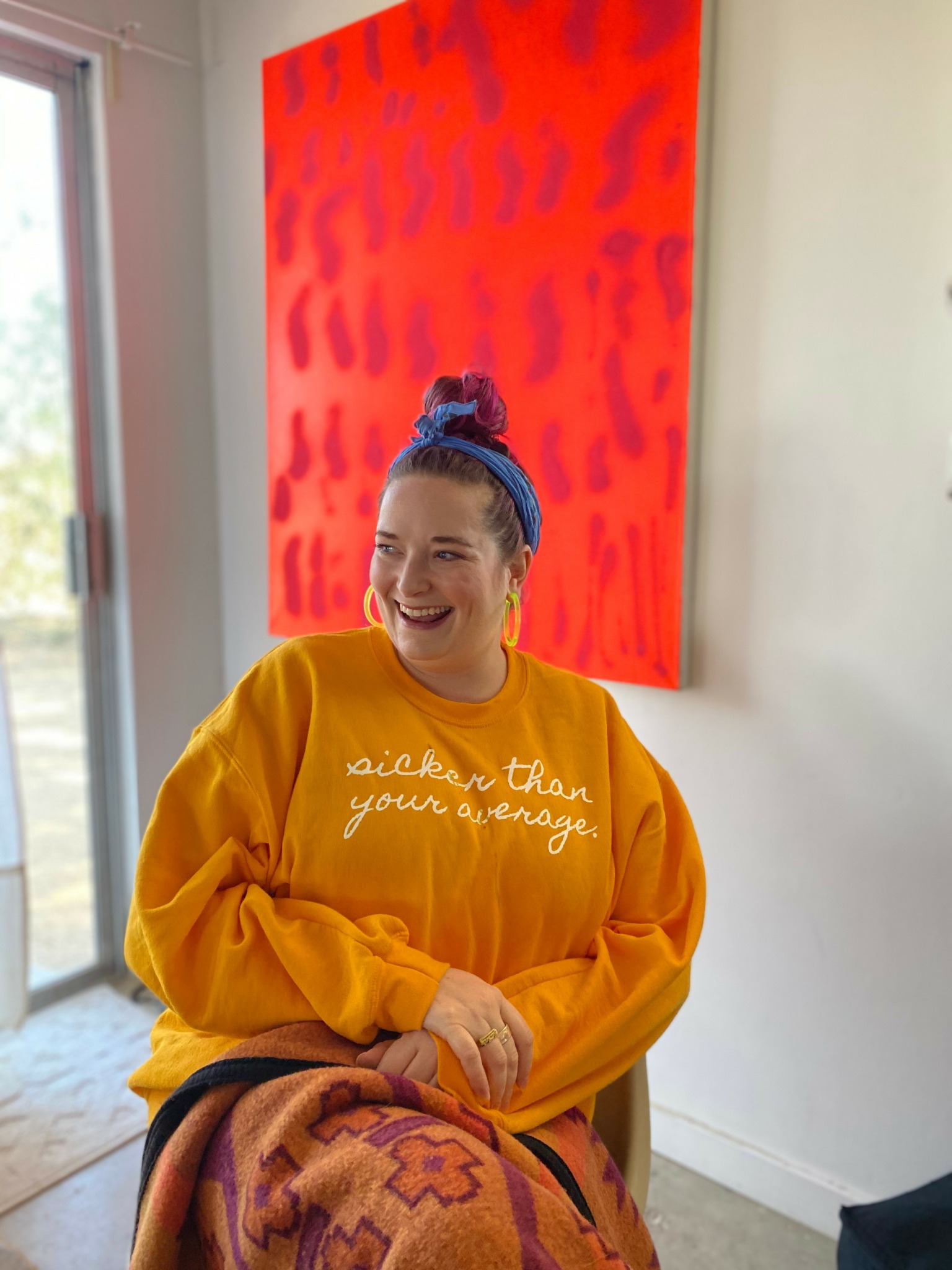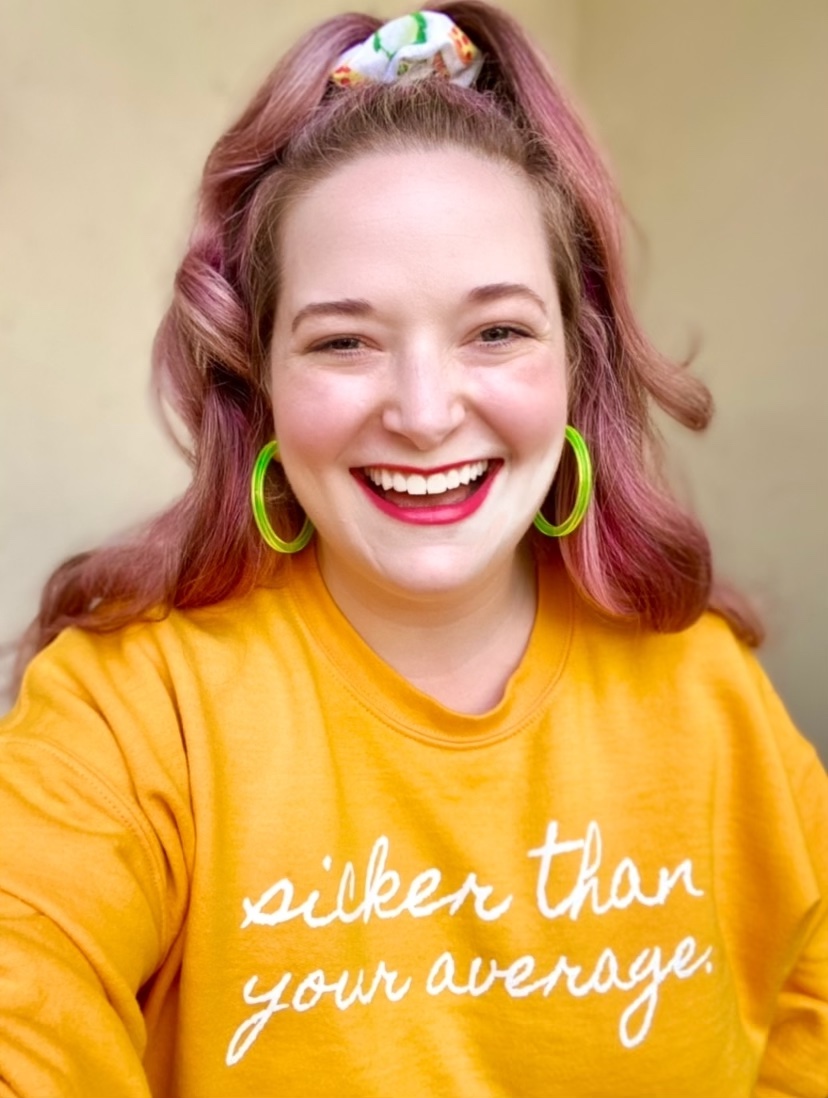We were lucky to catch up with Lauren Freedman recently and have shared our conversation below.
Hi Lauren, thanks for joining us today. Can you recount a time when the advice you provided to a client was really spot on? (Please note this response is for education/entertainment purposes only and shouldn’t be construed as advice for the reader)
Here’s the advice I give to all my clients: “You’re not responsible for systems that oppress you, but you are responsible for thriving despite them.” This is a big reframe for the many recovering people-pleasers I work with who are often conditioned to apologize for existing rather than to ask questions and identify needs, let alone ask to get them met!
I work with individuals in corporate roles who access healthcare through private interest and insurance. These systems, rooted in white supremacy, capitalism, and patriarchy, have been designed to serve only one group well: white men (of a certain age). What I discovered early in my own medical interactions after being diagnosed with chronic conditions was that I was more likely to be gaslit in medical settings; in other words, it was more likely I’d be told a physiological symptom was in my head than that my experience was real. While this isn’t the experience across-the-board, what I’ve observed through my years of coaching is that we simply don’t know what we don’t know: we are funneled through complex systems, ping-ponged around until we give up and pay up. Too many patients come to me having experienced this web of exhausting run-arounds in healthcare. And they don’t know where to begin.
So, I begin at the beginning: I acknowledge their experience. I validate their frustration. I remind them that the system is designed to make them feel that way and keep them sick — because there’s more profit in that model than in healing. And then I ask them what their lives might look and feel like when they are able to find wellness again. Is it possible that, even in the face of systems designed to keep you down, you might just find a way to rise? And is it even more possible that, in rising, you can heal yourself — and those around you — by offering your light rather than creeping back into the shadows, where larger systems of oppression want you to remain?
We identify the gaps in care. And then I work to fill gaps in education so that patients can become empowered to move from fighting the system…to flowing with it. It’s an uphill battle for many; it is a complex and layered mindset shift. But it can be done.
Ways in which this principle has supported my clients? They have gotten diagnoses and treatment plans. They have fired clinicians who didn’t serve their best interests, and found alternates who deeply care about their wellbeing. They have discovered root causes and learned how best to tend to their wounds. They have told their practitioners what to test and gotten the answers they needed. A very particular gap that I often see is among women ages 40-60+. Very few have a foundational understanding of the intricacies associated with the onset of perimenopause and menopause. So I help them prepare for appointments, learn what to ask their providers, and begin to test and treat their hormones before debilitating symptoms set in (all this based on updated research and evolving information in the field). Every day, I help people learn evidence-based skills to make a broken system work in their favor. It’s my contribution to unraveling oppressive systems and showing up as an activist, every day — and it’s about encouraging healing and helping, over hurting and perpetuating harm.
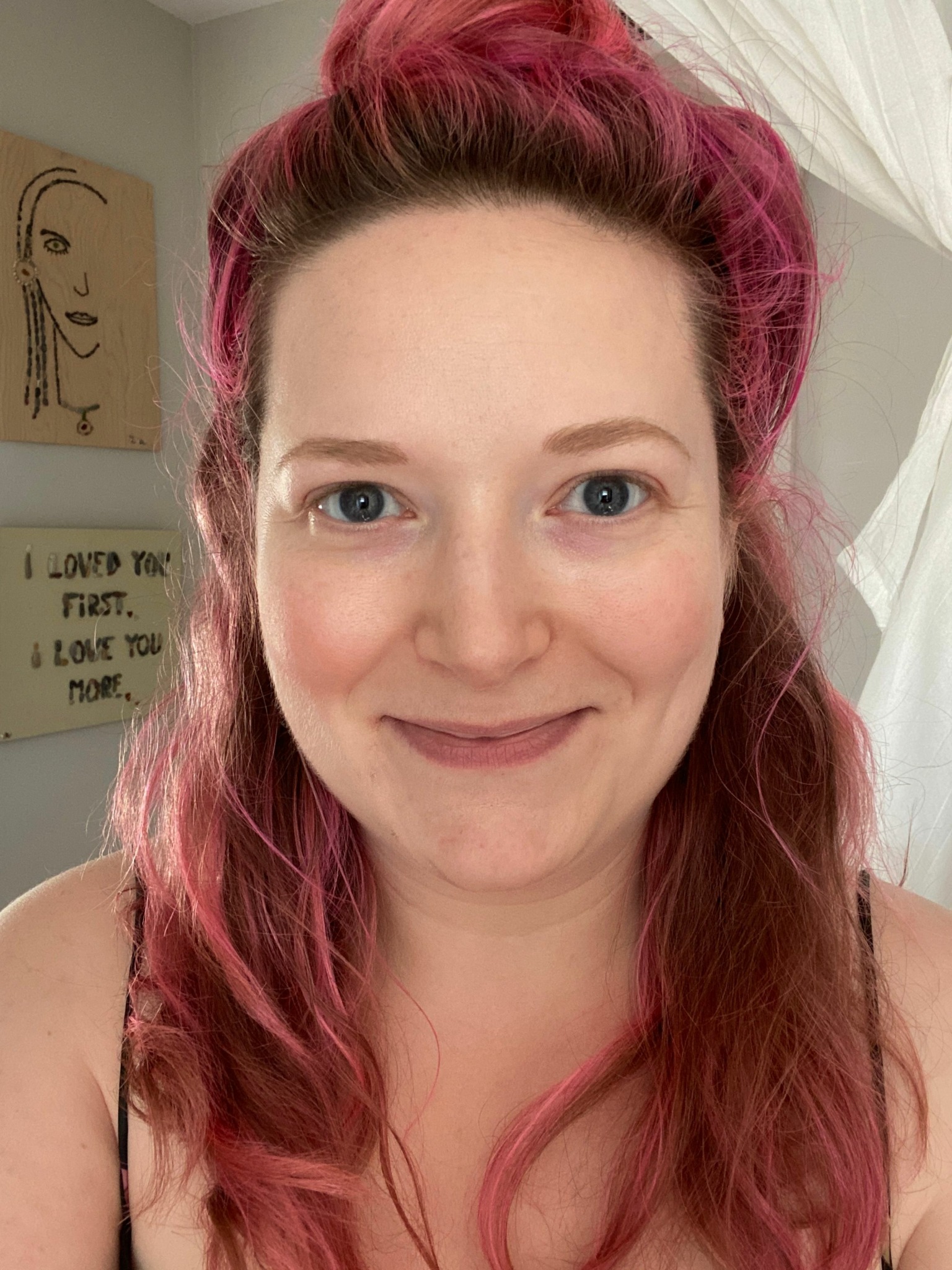
Lauren, love having you share your insights with us. Before we ask you more questions, maybe you can take a moment to introduce yourself to our readers who might have missed our earlier conversations?
Hi there! I’m Lauren. I am an award-winning podcast host, patient advocate, and chronic illness, autoimmune, and neurodivergence coach. In 2017, my health took a nosedive. I had to leave my job, go on disability, and figure out which way was up. But as I staggered through the recovery process, I learned invaluable lessons that would shape my future. I launched my award-winning podcast Uninvisible® in 2019, because I was asking enough questions, that I thought the answers *might* just help others. Turns out, I was right. This patient advocacy work led me right into health coaching. In 2021, I trained as an Integrative Health & Wellness Coach. I was later nationally board-certified, earning several additional credentials to support the special clients in my care. I am now working in private practice, supporting professionals battling chronic conditions to elevate their energy and confidence and move from fighting the system to flowing with it. I also offer corporate benefit coaching. A mantra I live by: Fall down seven times, stand up eight.
What I do: I help you learn the skills and gain the education to move from fighting the healthcare system to flowing with it — especially if you’re managing a chronic condition, autoimmune disease, or neurodivergence. I am also currently working on an additional certification in menopause care, which might well be completed by the time this is published — so come and find me to get your healthcare questions answered, and gain the knowledge and skills that will enable you to find healing in a system not well designed for it.
What sets me apart: Not only do I bring a wealth of personal experience to my coaching, but I also bring my background as a vocal patient advocate. These skills enable me to offer you mindset shifts and skills that will empower you to get answers and find pathways to feeling better.
Certifications & professional memberships: National Board Certified Health & Wellness Coach (NBC-HWC), Certified International Health Coach (CIHC), Certified Nutrition Coach (CNC), professional member of American Association of Drugless Practitioners (AADP), American Holistic Health Association (AHHA), National Academy of Environmental Medicine (NAEM), and the Health Coaches Australia & New Zealand Association (HCANZA). (And that’s not all!)
How I got into my industry: I used to be an actor. I had a career for over a decade that spanned stage, screen, and even the vocal booth in voiceover. But at a certain point, I tired of the hustle to sustain myself financially, as well as the constant travel and instability of my career choice. So, I stepped back from my creative life and got myself a 9-to-5.
I was so focused on making this part of my career a success that I defaulted to people-pleasing — so much so that I found myself in the midst of a perfect storm. Hindsight is 20/20, and what I can tell you now is that I had no boundaries with work (I made myself available at all hours); I was living in a house with toxic mold; I was eating takeout and barely exercising because of my workhorse mentality; I barely slept; and then, I got into a car accident.
Several months later, the symptoms — what I thought were signs my body failing, but turned out to be messages to tend to myself — hit: brain fog, cognitive decline, joint pain, and a host of other mysterious ills. The fatigue — functional exhaustion, as I’ve now learned to call it — was perhaps the most debilitating. Diagnosed with Hashimoto’s thyroiditis (an autoimmune disease of the thyroid, which causes hypothyroidism) and obstructive sleep apnea, I was additionally given the diagnosis of idiopathic hypersomnia (doctor-speak for “medically fatigued”) some years later. (And it might bear mentioning that the mold…and some well-timed, long-lived parasites…were major contributors to that experience.)
I felt VERY alone, struggled to find community, and got gaslit. HARD. But all throughout my experience, two pieces of deep inner knowing remained clear to me: I NEVER gave up pursuing my thriving; and I ALWAYS knew that my experience was physiological — not “all in my head.” I imagine, in retrospect, that this had a LOT to do with my amazing support system.
I’d been an activist in women’s health for some years at this point — and with my microphone in hand, the idea of combining my skills, interests, and talents to create a community and platform took shape quite organically. I wanted to give those who didn’t have support or direction the kind of understanding, inner conviction, and healing that I was beginning to experience.
In 2019, I launched Uninvisible Pod®, a podcast that takes an intersectional view on what it’s actually like to live with invisible chronic illness and disability. I became a full-time patient…and a full-time advocate both for myself, and for a host of others in my new community (including close friends, who suddenly began to crawl out of the woodwork to reveal the diagnoses they’d been secretly harboring — many of them, for years).
As my work grew, so did my network and opportunities. The podcast won a major health advocacy award in its first year. I’ve now had the honor of speaking about patient advocacy and invisible illness across multiple platforms, from podcasts to conferences. All while keeping UP alive and well, featuring new patient stories regularly.
My work is centered in deepening narratives about chronic illness and disability: raising awareness, inspiring inclusion, and cultivating community for those living the Spoonie life — because the act of sharing these stories has helped me find healing, again and again. I came to Health Coaching as naturally as I did to podcasting, too — I was introduced to a coach who filled me in on the process, and was immediately hooked. Several years later, I have opened my own practice — and bring with me my years of experience living with chronic illness, as well as my insider knowledge of the healthcare system and the mind/body/spirit connection (because, let’s be real…I’m living it, right alongside y’all!).
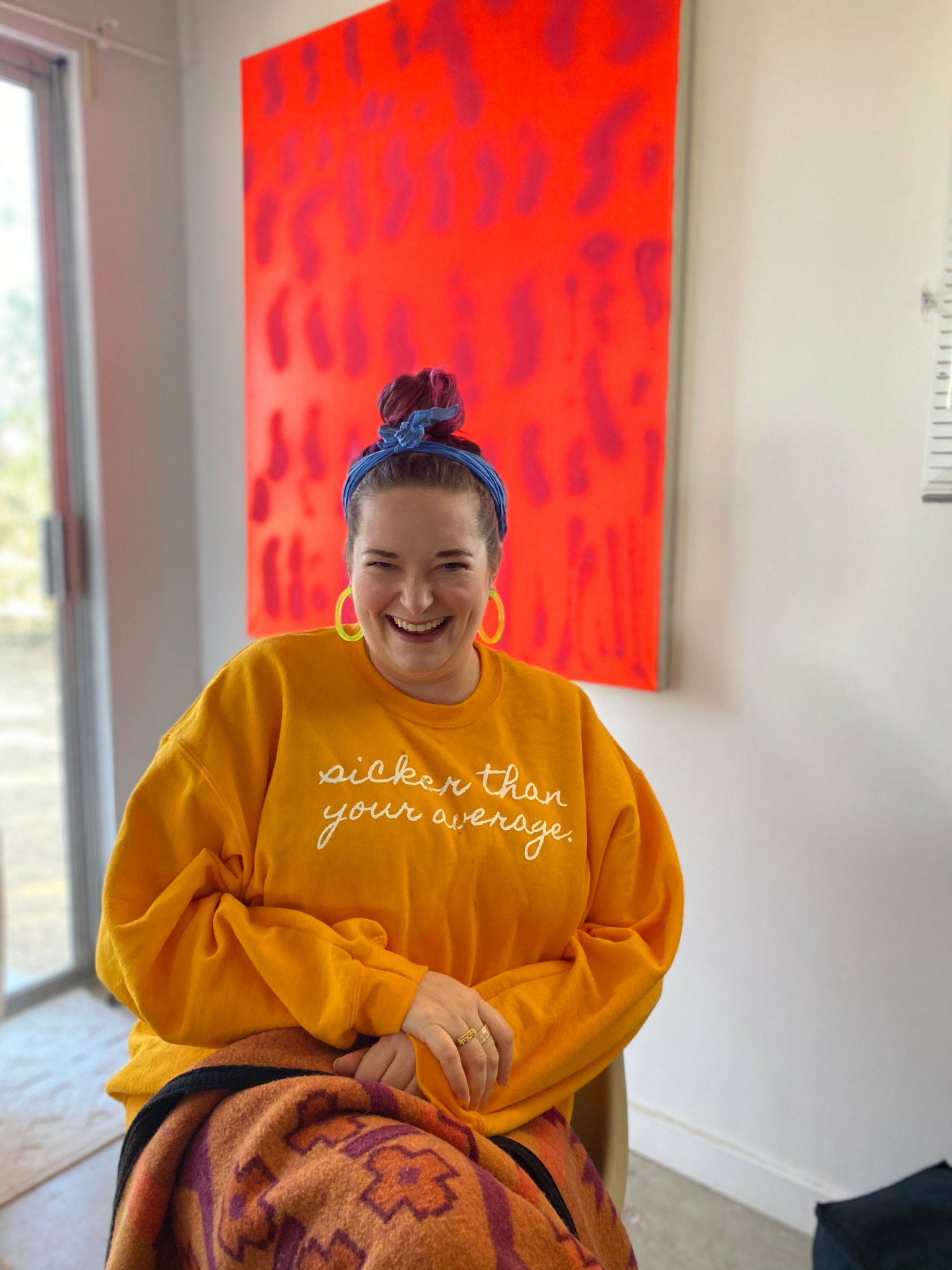
We often hear about learning lessons – but just as important is unlearning lessons. Have you ever had to unlearn a lesson?
The unlearning: that doctors know everything.
Backstory: When I first got sick, I experienced medical gaslighting for the first time. Months after beginning treatment for a complex autoimmune condition, I sat in my doctor’s office feeling…the same (read: like garbage!). She looked at me, in my professional attire and looking put together because I would shortly be headed into work for the morning. Then she glanced at my chart and told me things were looking great, and that I was doing great. I remember looking at her, the desperation of my deep exhaustion clinging to my bones, and telling her I felt the same. Without blinking, she told me that it was time I considered a psychiatrist.
Now, I’m never one to knock mental health support. I’m a believer that we all need it on some level — even if just to learn better communication techniques! But what my provider hadn’t noticed on my chart was that I already had mental health support at the time. I was too tired and stunned to fashion a retort, so I thanked her for her time, paid my copay with the front office manager, and headed home.
On the way home, I called my mum — my first advocate. Do you know what she told me? “You’re never seeing that doctor again.” Well, my jaw just about dropped onto the floor! I’d never even CONSIDERED the idea of a second opinion, let alone…firing a doctor? Didn’t they know everything?
As we talked, my mum assured me that everything I was feeling in my body WAS real — that yes, I was tending to the emotional piece in ongoing therapy, but that something more was going on. It WASN’T all in my head.
I never called that doctor for a follow-up. Instead, I started asking around. And I asked EVERYONE. I posted on social media, tagged friends, texted and called friends, emailed folks in my network, you name it…and eventually it was a physical therapist who gave me the name of a new provider I still work with to this day.
A question I now ask new providers, either at a point of conflict or when I first meet them: if we come across something you don’t know the answer to, what’s your referral network like? And: Will you work collaboratively with me and my entire medical team, should I connect you and sign release forms? Yeah, I know — it sounds like an interview. Because those first appointments ARE interviews. As much for me as a patient as they are for potential providers. Even if it costs a copay, I’m getting my questions answered.
Lots of doctors know lots of things. This story isn’t meant to denigrate the entire profession. Rather, I use it as a cautionary tale to demonstrate a) how quickly we can fall through the cracks; b) that we are socialized into staying silent and people-pleasing; and c) that we CAN and SHOULD ask for more. You know what? ONE doctor didn’t serve me. But plenty of others have. You can find the heroes in your story. You just have to learn HOW!
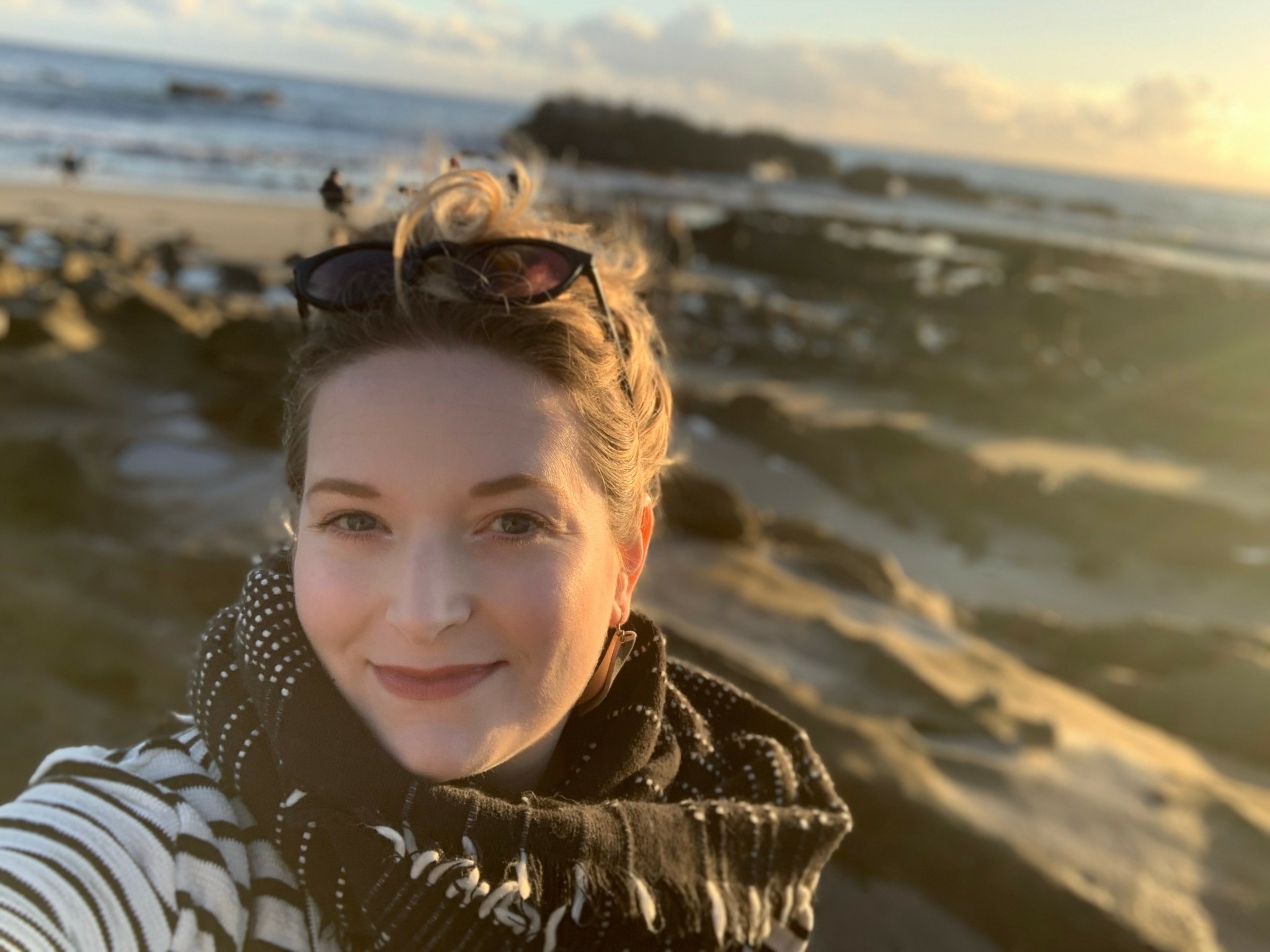
How about pivoting – can you share the story of a time you’ve had to pivot?
My entire career has been one big pivot! Having started pursuing my passion for acting and finding some small success, my body “kept the [proverbial] score” and asked me to pivot when I got sick.
I’m not one to take things lying down, so I kept myself busy by creating content to offer education and a platform to those living with non-apparent chronic conditions — Uninvisible Pod. That podcast led me straight to health coaching.
It didn’t feel organic or easy when I was going through all of these growing pains, but I learned to accept the lessons they offered and to grow forward.
I’ll tell you one thing: I’m now at a stage at which I can confidently say that my illness saved me. Fancy that! It’s taken grueling work and commitment to showing up for myself. But I allowed my diagnoses to reshape my life. They’ve helped me become a version of myself I never expected, but also one that I love and respect more deeply than I could have imagined. And that, folks, is a win.
Contact Info:
- Website: https://chroniccoachlauren.com
- Instagram: https://instagram.com/chroniccoachlauren
- Linkedin: https://www.linkedin.com/in/chroniccoachlauren/
- Youtube: https://www.youtube.com/@uninvisiblecoaching
- Other: https://chroniccoachlauren.substack.com/
